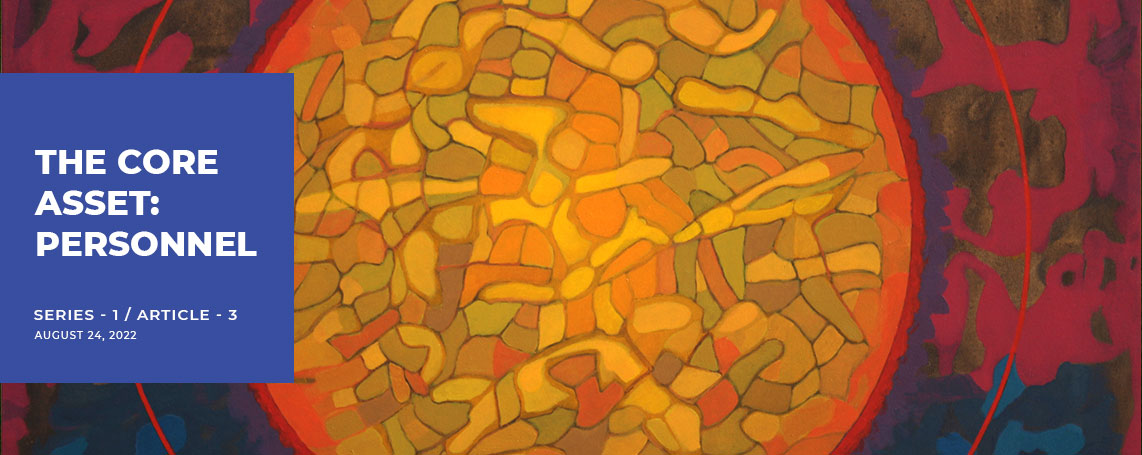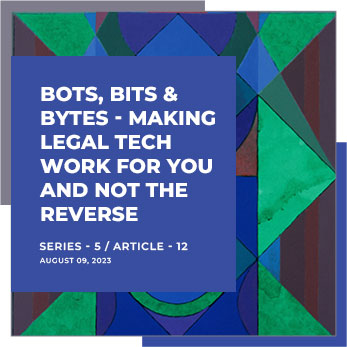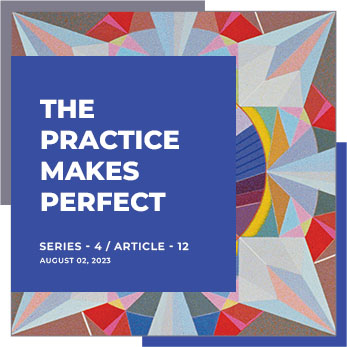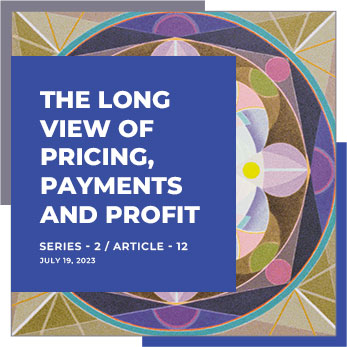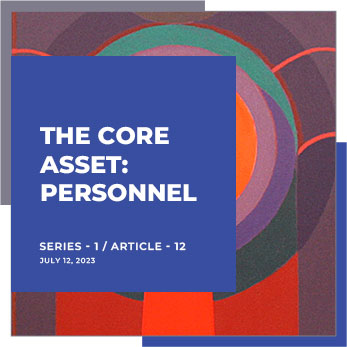Boredom, poor work-life balance, and assignment to terrible cases that they do not enjoy are some of the common complaints voiced by mid-level associates when asked to comment on burnout in the workplace.
So why do they stay? The pay is excellent. Today, law firms are re-examining the value of a system that greatly rewards burnout, depression, and anxiety.
Sinking Satisfaction
In an August 2020 survey of 73 Big Law firms conducted by American Lawyer, 4,000 mid-level associates ranked their employers in terms of overall satisfaction. The survey results found that respondents who were most satisfied with their jobs were privileged to work in an environment where the openness of firm leadership, good communication, and the opportunity to build relationships with partners was valued.
However, that same survey noted that satisfaction was down compared to the previous year and that, overall, associates were less happy with their work and found it less interesting than disclosed in the former year. Did the Covid-19 pandemic play a role? At least one fourth-year associate claimed that it did when he opined, “The pandemic sucks, and there is no meaning to time anymore.”
Coffee, Computers, Complaints
So, what makes an office unsatisfying to work in? Surprisingly, among the complaints from the ‘best and the brightest’ were objections to the office coffee, snacks, dated décor, faulty laptops, and other technology glitches that lead to frustration, a productivity impediment, and sometimes, an embarrassment in front of clients or other attorneys. Successful law firms often invest in commercial real estate in central locations in their cities, which most assuredly plays a factor in their decision to call their employees from a remote or hybrid work arrangement back to a full-time ‘in-office’ one.
But overriding all of these seemingly trivial objections was the common thread of boring work and excessively long hours. For example, one New York associate noted that ‘burnout is experienced very quickly when associates are expected to be on-call 24/7, 365 days a year’, while another associate observed that those who tend to leave the firm are usually those who are assigned to ‘terrible cases’ or placed under partners with boring work.
Ingrained in the System
The current situation for mid-level associates has been described as one where management rewards those who make the most money for the firm by working the longest hours but are also placed under maximum stress while neglecting their mental and physical health and relationships. As a fifth-year associate in Chicago explained, “the system rewards flirtation with burnout and the accompanying depression and anxiety.” Constantly working at something without regarding it as having any meaning is depressing for those who started out as ambitious, energetic, and even idealistic newcomers to the field but found themselves slaving away for ‘nothing more than’ a nice paycheck.
“BURNOUT IS WHAT HAPPENS WHEN YOU TRY TO AVOID BEING HUMAN FOR TOO LONG.”
Different from Ordinary Stress
‘Burnout expert’ and attorney Paula Davis, has studied the problem of lawyer burnout for several years via conversations with lawyers and legal professionals about the topic and by conducting one-on-one coaching sessions, as well as through workshops and in-depth research. “Burnout was a problem prior to the pandemic, but COVID-19 has renewed interest in the topic,” according to Ms. Davis.
She describes burnout as being different from ordinary stress in that it “is the experience of chronic exhaustion, chronic cynicism, and inefficacy, which is a sense of lost impact. Burnout is not an interchangeable word with general stress but is often used by people to describe a whole range of stressors. Stress exists on a continuum, with thriving on one side and burnout on the other, but there are lots of other stress-related experiences and emotions in the middle, like frustration, overwhelm, ineffectiveness, tiredness, overextended, and languishing (a sense of stagnation and just muddling through). It is important to use the right term to describe your feelings so that burnout does not become the go-to catch-all and get misapplied.”
Burnout is also distinguished from ordinary stress as a manifestation of chronic workplace stress. The World Health Organization has even come up with a definition for the term, which states that “burnout refers specifically to phenomena in the occupational context and should not be applied to describe experiences in other areas of life.” Burnout is a workplace culture/systemic issue, unlike stress brought about by personal illness or as defined in medical terms.
Burnout Metrics
As measured by the Maslach Burnout Inventory (MBI), burnout is defined as a high exhaustion score and either a high cynicism score or a low personal efficacy score. Other empirical measuring methods exist, but MBI is considered the only one to measure all three elements of burnout. Researchers use MBI data to develop various profiles to guide practitioners.
Can the System be Fixed?
Not all responses from surveyed mid-level associates were about the problems – some focused on the solutions. Law firms need to “ensure that associates get the kind of work they enjoy,” said a third-year associate in Los Angeles, adding, “There needs to be more of a work-life balance, so that people have time to balance work stress with hobbies, family, travel, etc.”
But experts have also cited ‘recognition’ as a key factor affecting both satisfaction and, burnout. Mid-level associates often reported the lack of recognition including not hearing ‘thank you’ enough as a key factor producing feelings of burnout. Lack of recognition for putting in extra effort, being marginalized at key meetings, and being given lower- level work than that appropriate to their title and promotion, all tend to result in exhaustion and cynicism that make up significant elements of burnout.
Executive Summary
The Issue
Associates and young lawyers are ‘burning out’ of the legal profession in record numbers, marking a disturbing trend of dissatisfaction.
The Gravamen
Poor work-life balance, monotony, exhaustion, boredom, a lack of recognition, and a variety of other factors, which can cause an employee to burnout.
The Path Forward
The solution is not simple, but a good first step in the process is to create a rewarding environment with an emphasis on professional development and recognition of a ‘job well done’ by an associate.
Action Items
Recognizing the problem:
No business ever wants to accept that they are causing professional burnout, but it is a crucial aspect of long-term employee engagement and talent retention. Firms can identify burnouts by
examining their historic and current employee retention metrics and by utilizing Action Item #2.
Identify ‘pain points’ by listening to associate needs:
‘Listening’ in this context must transcend a mere placeholder discussion and must frankly address where the associate needs more help to prevent burnout.
Adopt measures based on stakeholder discussions:
A frank discussion where management listens to their associates’ needs should ideally, lead to
corrective measures, including the quality of life within the firm. This can be something as simple as one day at home during the week or a change to a case or practice area where the associate wants to learn more.
Consider hiring an attorney professional development expert:
A dedicated member within the firm who ensures all attorneys meet their professional goals is ideal for firms suffering from professional burnout.
Further Readings
- https://www.law.com/americanlawyer/2021/08/23/the-2021-midlevel-associates-sur- vey-the-national-rankings/
- https://www.chambers-associate.com/law-firms/associate-satisfaction-surveys/the-most-satisfied-associates
- https://www.abajournal.com/news/article/these-law-firms-ranked-highest-for-mid- level-associate-satisfaction-transparency-ratings-increase
- https://www.law.com/2020/08/31/what-are-your-associates-really-thinking-young- lawyers-brutally-honest-advice-to-their-firms/
- https://www.forbes.com/sites/pauladavis/2021/04/27/how-to-address-burnout-in- the-legal-profession/?sh=78a275c1434b
- https://onlinegrad.syracuse.edu/blog/how-to-identify-and-address-employee-burn- out/

